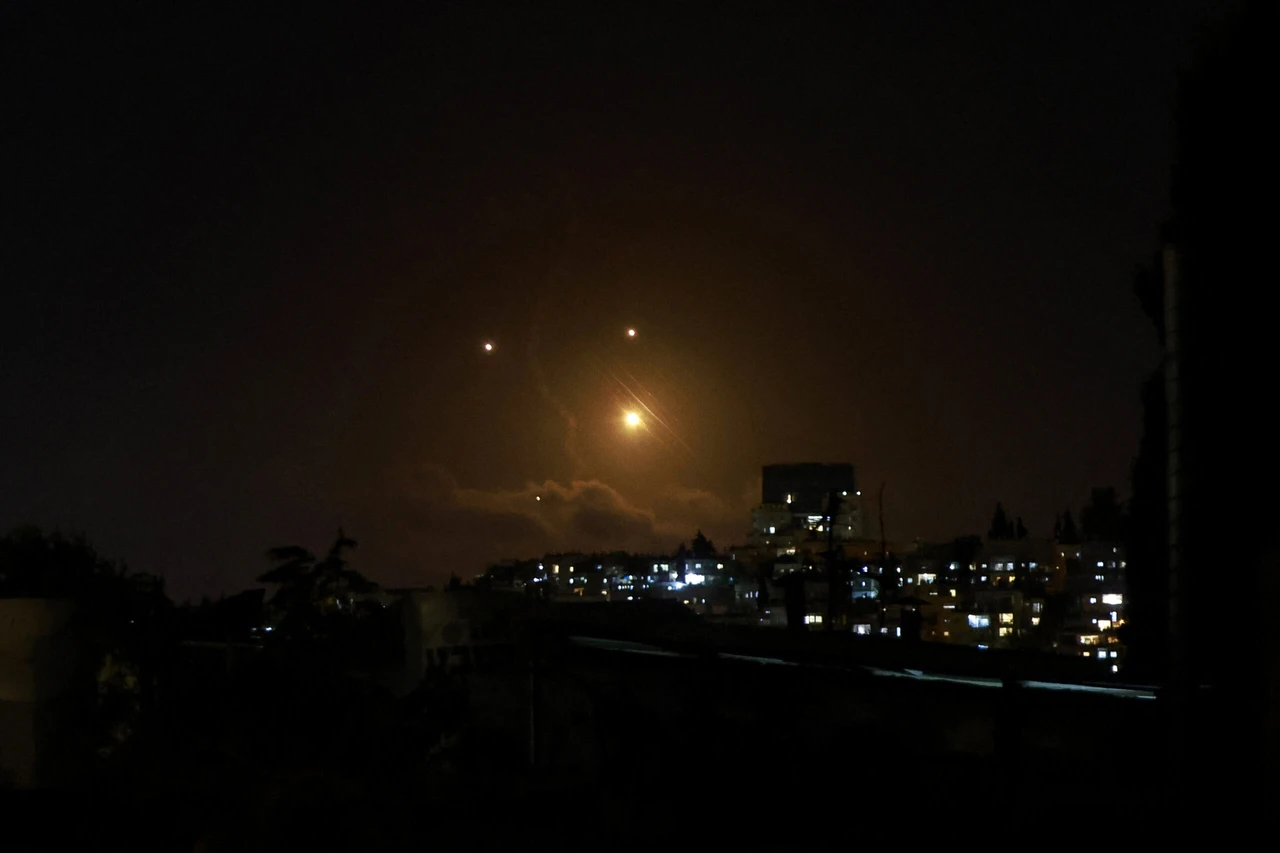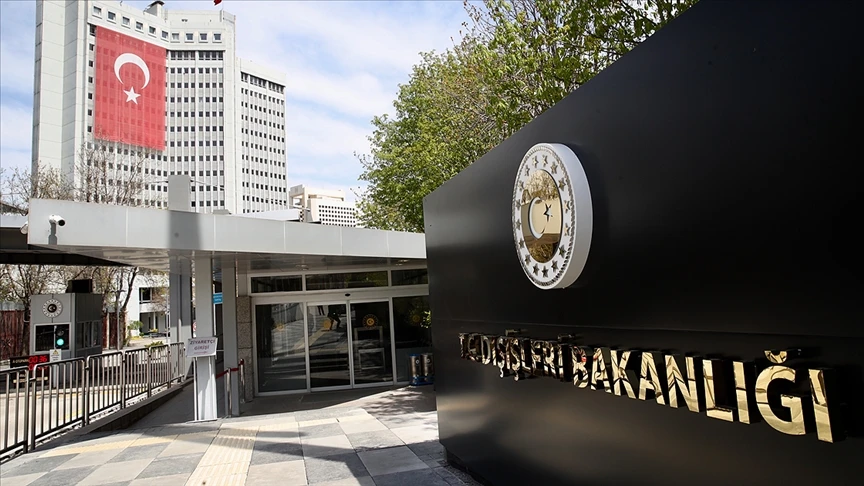How did Iranian missiles penetrate Israel’s Iron Dome?
 Image shows projectiles above Jerusalem, following Iranian missile attack at Israel, on October 1, 2024. (AFP Photo)
Image shows projectiles above Jerusalem, following Iranian missile attack at Israel, on October 1, 2024. (AFP Photo)
Iran announced on Tuesday that it launched dozens of missiles into Israel, escalating the ongoing conflict involving Israel and its Iranian-backed proxies, Hezbollah and Hamas, and raising fears of a broader regional war.
In response, Israel instructed residents to stay close to bomb shelters as air raid sirens sounded across the country. However, the Iron Dome Air Defense System reportedly struggled to intercept the wave of Iranian ballistic missiles.
Iran’s deception tactic for Iron Dome
In a notable first, Iran utilized a hypersonic missile in its attack. Initially, it deployed conventional missiles to divert the Iron Dome’s attention, allowing hypersonic missiles to penetrate Israeli airspace undetected.
These hypersonic missiles can travel at speeds of up to 15,000 kilometers per hour and have a range of 300 to 2,000 kilometers, making them particularly challenging for air defenses to intercept.
Reports from Iranian state television indicated that the hypersonic-class Fettah-1 missiles were employed in the attack on Israel. These missiles are designed to bypass air defense systems due to their incredible speed.
“The Islamic Revolutionary Guard Corps destroyed the missile defense shield that directs Arrow 2 and 3 missiles for the first time with Fettah hypersonic missiles,” Iranian media reported. Meanwhile, the Islamic Revolutionary Guard Corps claimed that their strikes with Fettah missiles achieved a 90% success rate in Israel.
The Iron Dome, developed by Israel to counter short-range rockets and artillery, detects threats using radar and sensors, neutralizing them with interceptor missiles known as Tamir.
It boasts over a 90% success rate against threats within a range of 4 to 70 kilometers, focusing on minimizing casualties and property damage, particularly in densely populated areas.
Israel vows retaliation
Meanwhile, Israeli officials warned late Tuesday that Iran would “pay a heavy price” for its missile attack.
Israeli Prime Minister Benjamin Netanyahu addressed the Israeli security cabinet, asserting that Tehran made a “big mistake” and would face consequences for its actions.



